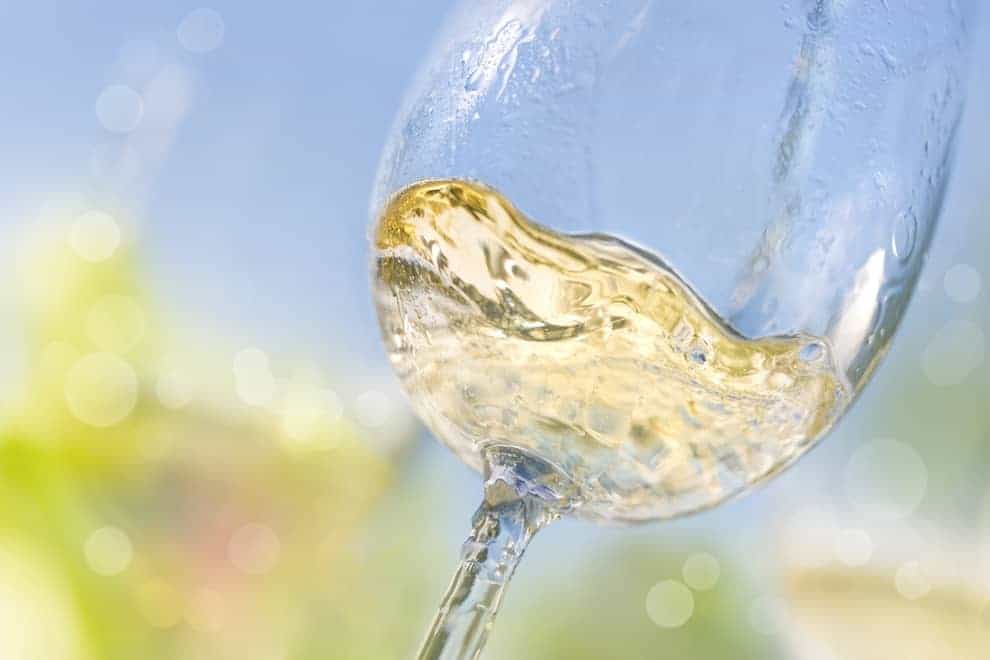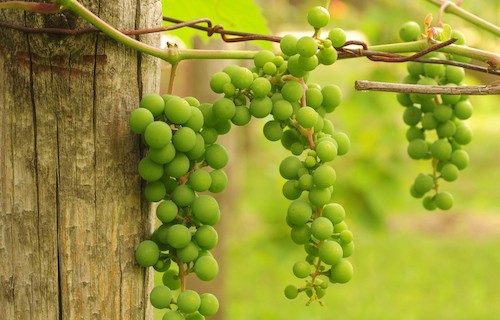Chablis is a French wine region in northern-most Burgundy. It is part of France’s Appellation d’Origine Contrôlée (AC) system (an EU PDO area). Chardonnay is the only grape permitted for Chablis AC wines. Many Americans, however, know Chablis not as the fine wine that it really is, but as a simple, often sweet or pink California jug wine. This US version is not true Chablis and may not even contain Chardonnay. Don’t be confused by it!
Chablis has a cool continental climate where winters are very cold and the grape growing season warm, but relatively short. Hail and frost are consistent problems that limit fruit yields and make site selection critical to getting quality wine.
The Terroir of the Chablis Wine Region
The soils in Chablis are also quite unique. The best vineyard sites are on Kimmeridgean Clay, made up of fossilized limestone sea creatures from the Jurassic age. These soils along with the climate make wines from Chablis unique in style and change the very nature of Chardonnay.
What Does Chablis Taste Like?
Basic Chablis AC is a lean, crisp/high acid minerally version of Chardonnay with green apple, pear, lemon and wet stone notes. It is usually unoaked and yet can have a slightly smoky/flinty note. This character makes it the perfect wine for oysters or any shellfish.
Chablis 1er Cru AC and Grand Cru AC wines come from the best south or southeast facing sloped sites. The angle and direction of the vines promote optimal ripeness and fruit concentration. The result are wines with more depth of flavour. Often small oak casks are used for fermentation and limited oak aging. The top Chablis wines have layers of flavors with multiple nuances evolving on a long finish. They are truly special wines and should not be missed!

